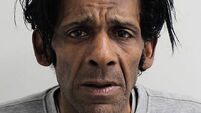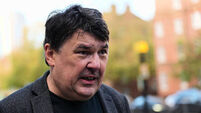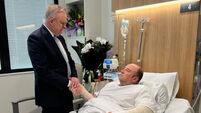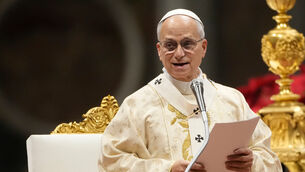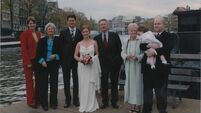Arafat leadership refuses to pull the plug
Yasser Arafat hovered on the brink of death in a Paris hospital tonight - being kept alive artificially while a cleric flew from the West Bank to be by his side.
The Palestinian leadership visited the comatose 75-year-old in the military hospital and Foreign Minister Nabil Shaath ruled out any suggestion of removing Arafat from life support.




